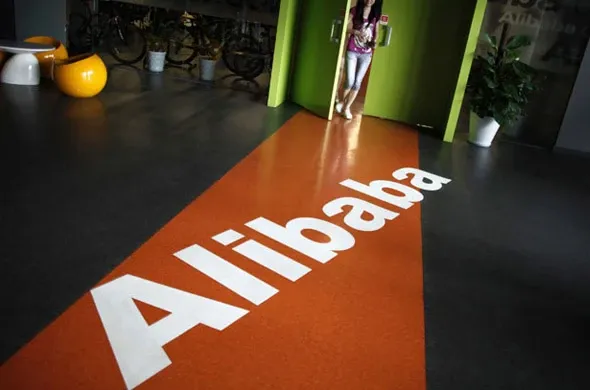Hiberus Acquired Telefónica Tech's Assets in Latin America
Hiberus will acquire Telefónica Tech’s businesses in Colombia, Mexico, and Chile.

Chinese internet companies face a new reality after Donald Trump’s surprise victory as U.S. president-elect, and Alibaba Group Holding Ltd. has the most to lose, according to Bloomberg. On the campaign trail, Trump promised to upend global trade, saying that China is “ killing us“ on trade policy and proposing tariffs on Chinese goods of as much as 45 percent.
If implemented, his ideas could lead to "devastating" results, from global trade wars to higher costs of living, and "spell the end of globalization," according to Darrell West, a vice president at the Brookings Institution. "He was very critical of Chinese trade agreements and has threatened to rip them up," West said. “If he did that, the consequences for Chinese companies would be enormous.“
Of China’s web giants, including Baidu, Alibaba and Tencent, Trump’s trade policies, if implemented, are likely to pose the biggest threat to e-commerce operator Alibaba. While Baidu and Tencent focus on the domestic market, Alibaba has a significant part of its business tied to trade in the U.S. Higher tariffs on Chinese goods would depress demand for its AliExpress site, where Chinese retailers sell to U.S. consumers. Ensuing trade disputes could hurt sales on its Tmall platform, in which U.S. and international brands sell to Chinese consumers.
Alibaba Vice Chairman Joseph Tsai urged the president-elect to really focus on relations with China, a vast market for American goods that could create U.S. jobs as its economy grows. Tsai, a lieutenant to Alibaba co-founder Jack Ma and one of the country’s more prominent business leaders, urged Trump not to adopt an isolationalist doctrine, particularly with the world’s No. 2 economy. “The relationship between China and the U.S. will define our century,“ Tsai told reporters. “If you don’t have Chinese consumers being engaged and buying American products, and Chinese investors can’t invest in the U.S. and create more American jobs, then you’d be in trouble.“
Trump’s presidency also may limit the ability of companies like Alibaba to bring talent from China to work in the U.S. Trump advocated for stricter limits on immigration during his campaign, it’s unlikely that he would expand the H-1B visa program, which is aimed at foreign workers with specialized skills. Some firms in America may see the citizenship of its potential hires as a more important consideration than other qualifications if it becomes difficult to ensure that foreign workers will be welcome.